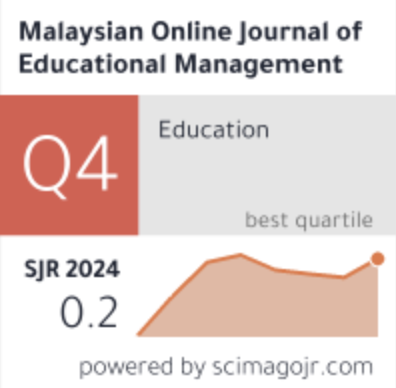ANALYSIS OF THE EFFECT OF A HUMANISTIC APPROACH IN ONLINE LEARNING ON STUDENT INDEPENDENT LEARNING AND STUDENT SATISFACTION
Keywords:
Humanistic, Student Satisfaction, Independence Learning, Class Management, CooperativeAbstract
Online learning experiences difficulties due to limited interaction, time flexibility, and educational venues. It requires careful classroom management and learning and requires lecturers to become creative, intelligent, constructive as instructors and facilitators. This study aims to determine the effect of a humanistic approach on student satisfaction and Student Learning Independence (ILS) in online learning. Data were analyzed using the LISREL 8.80–SEM application obtained using a Likert Scale from 200 respondents spread across five PTS in Jakarta. As a result, the humanistic approach and student satisfaction both partially, simultaneously, and indirectly affect ILS. The student satisfaction dimension is expressed by being able to manage study time and do assignments well. In contrast, the cooperative dimension turns out to have a more significant contribution when compared to the dimensions of responsibility and motivation in forming the ILS variables. However, the results are not much different, so the dimensions of responsibility, motivation, independence learning, and cooperation cannot be ignored in the formation of ILS. The dimension of responsibility through completing assignments and completing studies is a priority in learning. Students' contribution to the development of self- ability and the quality of learning can encourage self-confidence and motivation to learn. The role of the lecturer is very significant in forming a communication network with students when conducting a humane learning process and becoming a strength of online learning.









